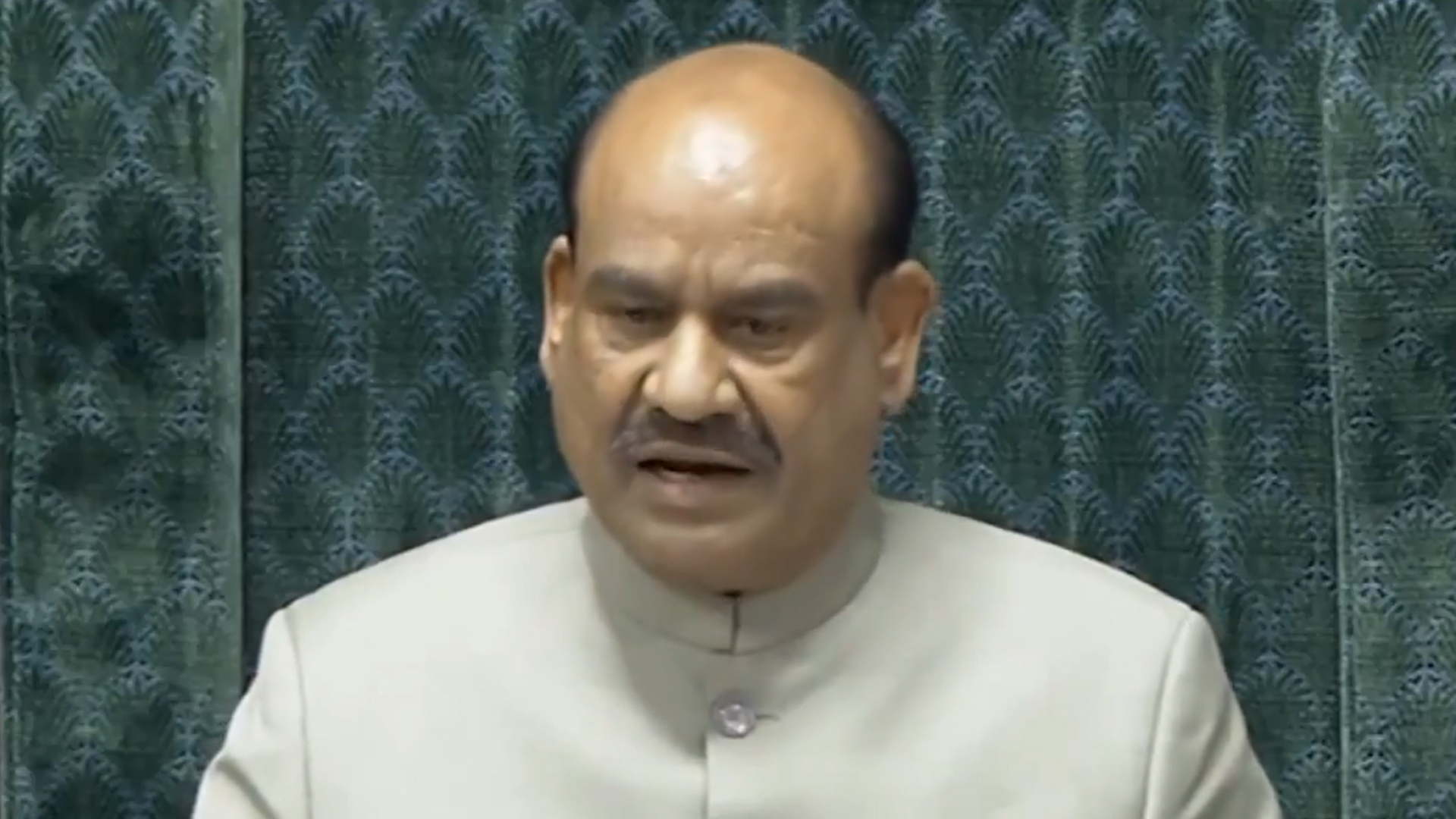Former UK Prime Minister Rishi Sunak has taken on senior advisory roles with global tech leaders Microsoft and Anthropic, marking a significant step into the heart of the AI industry just months after stepping down. Guided by strict ethical safeguards, Sunak will offer strategic insights on AI, global economics, and geopolitical trends while being barred from lobbying or engaging in UK government affairs on behalf of the companies.
Sunak’s new roles come with clear conditions set by the UK’s Advisory Committee on Business Appointments (ACOBA). These include a two-year ban on lobbying UK ministers or officials, a prohibition on using privileged information from his time in office, and restrictions against involvement in UK regulatory decisions that affect Microsoft or Anthropic. The committee confirmed that Sunak had no direct role in policies impacting these companies near the end of his premiership.
Known for championing AI governance as prime minister, including hosting the landmark 2023 AI Safety Summit at Bletchley Park, Sunak described the advisory roles as opportunities to work on “some of the biggest questions about how technology can support the economy, security, and society.” He has committed to donating all his earnings from these roles to The Richmond Project, a charity he co-founded with his wife, Akshata Murty, focused on improving numeracy skills.
At Anthropic, a firm focused on AI safety and a rival to OpenAI, Sunak will guide on long-term strategic and macroeconomic issues without engaging in UK-specific matters. At Microsoft, he will offer high-level strategic perspectives and speak at events, emphasizing global rather than UK-centric issues. Both companies have characterized his involvement as internally focused and non-operational, designed to avoid lobbying or unfair access to government.
Sunak’s appointments have sparked debates about the “revolving door” between politics and big tech, though transparency measures and his charitable donations aim to address potential concerns. Critics call for stronger oversight of post-office roles in sensitive industries like AI, but Sunak joins a growing wave of former leaders applying their public-sector experience to shape the future of technology, innovation, and digital governance.
This collaboration signals Sunak’s ongoing influence in AI and tech policy while maintaining rigorous ethical boundaries to prevent conflicts of interest. It highlights the complex balance between harnessing expertise from public service and ensuring accountability in the fast-evolving AI sector.
Also Read: N. Chandrasekaran to Lead Tata Sons Beyond Age 65






